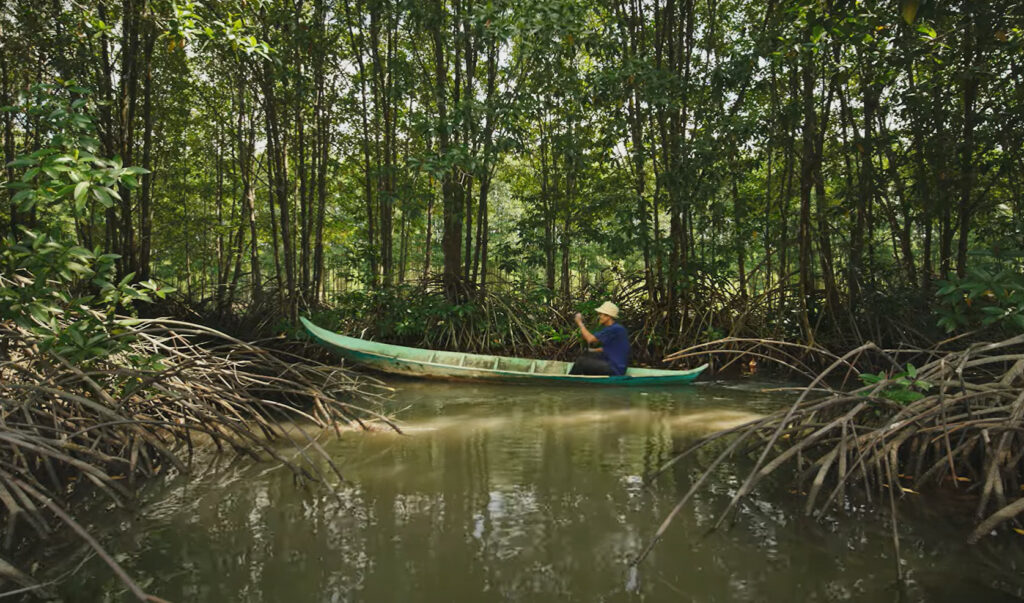Workshop on Antibiotic Control, Residue Testing a Success by BAP
Around 65 quality control managers and technicians representing the majority of India’s leading processors and exporters turned out for a one-day Best Aquaculture Practices (BAP)-organized workshop on antibiotic control and residue testing.
Held at The Gateway Hotel in Vijayawada on July 28, the workshop was held to support BAP-certified processing plants with antibiotic control and residue testing, of which there’s heightened awareness of in the European Union.
The workshop kicked off with a presentation by Mr. D. Ramraj of HiBreeds Aquatics in Chennai titled “Antibiotic Residues in Farmed Shrimp: A Perspective on the Sources and their Control.” Ms. V. Nirmala of SGS India Private Ltd. in Chennai followed with presentation titled “Analytical Approaches for the Determination of Residues of Chloramphenicol, Nitrofurans and their Metabolites in Seafood.”
Mr. P. Brahmeswara Rao, Assistant Director of India’s Marine Products Export Development Authority (MPEDA), also contributed to the workshop, delivering a presentation on the organization’s export promotion activities. Titled “Antibiotic drug residue analysis in shrimp by ELISA method,” the final presentation was made by Mr. Vasim Farooqui, who works for a company that distributes ELISA kits for screening of various antibiotic residues.
Leading the workshop was Panchu Duraisamy, BAP country coordinator for India. The presentations are available upon request by emailing him at panchu.duraisamy@globalseafood.org.
All aspects of antibiotic residue testing in shrimp were discussed, including likely paths of entry for antibiotics in various aquaculture systems. Also discuss were sampling, transport and storage of raw material and finished product for testing at in-house quality control labs and third-party labs; best practices regarding the different testing methods, including the ELISA method; and proper interpretation of test results.
BAP is the world’s most comprehensive third-party aquaculture certification program, with aquaculture standards encompassing environmental responsibility, social responsibility, food safety, animal health and welfare and traceability. It’s also the only program to cover the entire aquaculture production chain — processing plants, farms, hatcheries and feed mills. Mandatory antibiotic residue testing is also required as part of the certification.
Through the first half of 2018, there were 2,079 BAP-certified processing plants, farms, hatcheries and feed mills in 34 countries and six continents. Currently, there are more than 300 BAP-certified facilities in India alone, the vast majority of which handle shrimp.
About BAP
A division of the Global Aquaculture Alliance, Best Aquaculture Practices is an international certification program based on achievable, science-based and continuously improved performance standards for the entire aquaculture supply chain — farms, hatcheries, processing plants and feed mills — that assure healthful foods produced through environmentally and socially responsible means. BAP certification is based on independent audits that evaluate compliance with the BAP standards developed by the Global Aquaculture Alliance.




